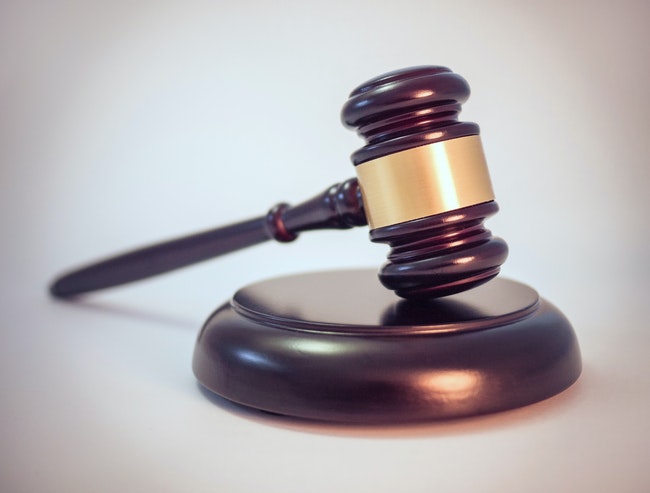 (Courtesy/Wikimedia Commons)
(Courtesy/Wikimedia Commons)
SALEM – A cop-watcher can again film Portland Police Chief Danielle Outlaw after the Oregon Court of Appeals struck down a stalking protective order.
The case concerned Eli F. Richey. A self-described citizen journalist and police watchdog, Richey is known for filming officers on duty and posting the videos online.
During the course of his activities, a judge issued a protective order prohibiting him from coming into contact or filming the chief.
“The order should have never been granted,” said Jesse Merrithew, the civil rights attorney who represented Richey, of the ruling issued Dec. 4.
Merrithew said that the order wouldn’t have been granted if Richey had legal counsel to challenge arguments made by Outlaw. He said that had the appeals court ruled for the chief, public officials would be freer to use protective orders to keep away people they don’t want to deal with.
A police bureau spokesman declined to comment beyond saying that Outlaw would meet with city attorneys to discuss next steps.
Court records show that in recent years Richey has been charged in with interfering with a peace officer, trespassing and harassment. Some incidents related to his filming or activism.
Richey has also appeared in front of the homes of law enforcement officials, including a 2017 visit to the home of Multnomah District Attorney Rod Underhill wearing a ski mask. At the time the protective order was issued he was under probation conditions that prevented him from coming near the homes of government officials.
Last December, Outlaw obtained a protective order against Richey stemming from multiple encounters. According to the court decision, the first occurred in December 2017 when Outlaw was walking to the police bureau’s central precinct, wearing her uniform and firearm, when she heard Richey yelling at her from across the street. She couldn’t quite make out what he was yelling but heard an acronym, “something like Nazi” and “wheel of fortune.”
Richey caught up with Outlaw and began filming. Two city employees accompanying Outlaw tried to create a buffer between her and Richey. The video showed Richey maintaining a 6- to 8-foot distance from the chief, according to the court decision. After Richey made additional remarks, the encounter ended with each saying “good evening,” the court decision said.
Two days later after the first encounter, Richey again approached Outlaw while she was grocery shopping with a relative. Outlaw testified that both seemed surprised to see each other. Richey pulled out his cell phone and appeared to begin filming Outlaw while asking questions. A surveillance video showed Richey standing over an arms-length away from Outlaw before she left.
After the two incidents, Outlaw sought a protect order. In seeking the order, she testified that the first encounter alarmed her because of Richey’s “screaming,” his proximity to her and her knowledge of his previous activities.
Outlaw further testified that the second interaction was alarming because of Richey’s facial expression, “very serious” tone and the presence of a family member.
An officer from the Portland Police Bureau’s criminal intelligence unit also testified that Richey was a safety concern, citing his “bizarre behavior” and his history filming police. During the proceedings for the order, Outlaw said there had been a “judgment on a probation violation allegation” regarding Richey. The court ruling noted, however, that Outlaw didn’t explain the judgment had cleared Richey of a violation.
The Court of Appeals reversed the restraining order, finding that Outlaw didn’t prove that Richey was a credible threat.
“There is nothing inherently alarming about a concerned citizen nonviolently questioning a public officer, who serves in a leadership position in the community, about issues of public concern related to that officer’s official duties,” said the decision, signed by Judge Joel DeVore.
With the legal victory in hand, Merrithew said that Richey will continue filming the police.
“Eil is an activist and he cares very deeply about police accountability and he feels that filming the police on their jobs is an important part of keeping them accountable,” he said.
Contact reporter Jake Thomas at 503-575-1251 or [email protected] or @jakethomas2009.









